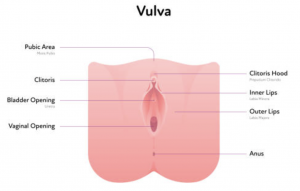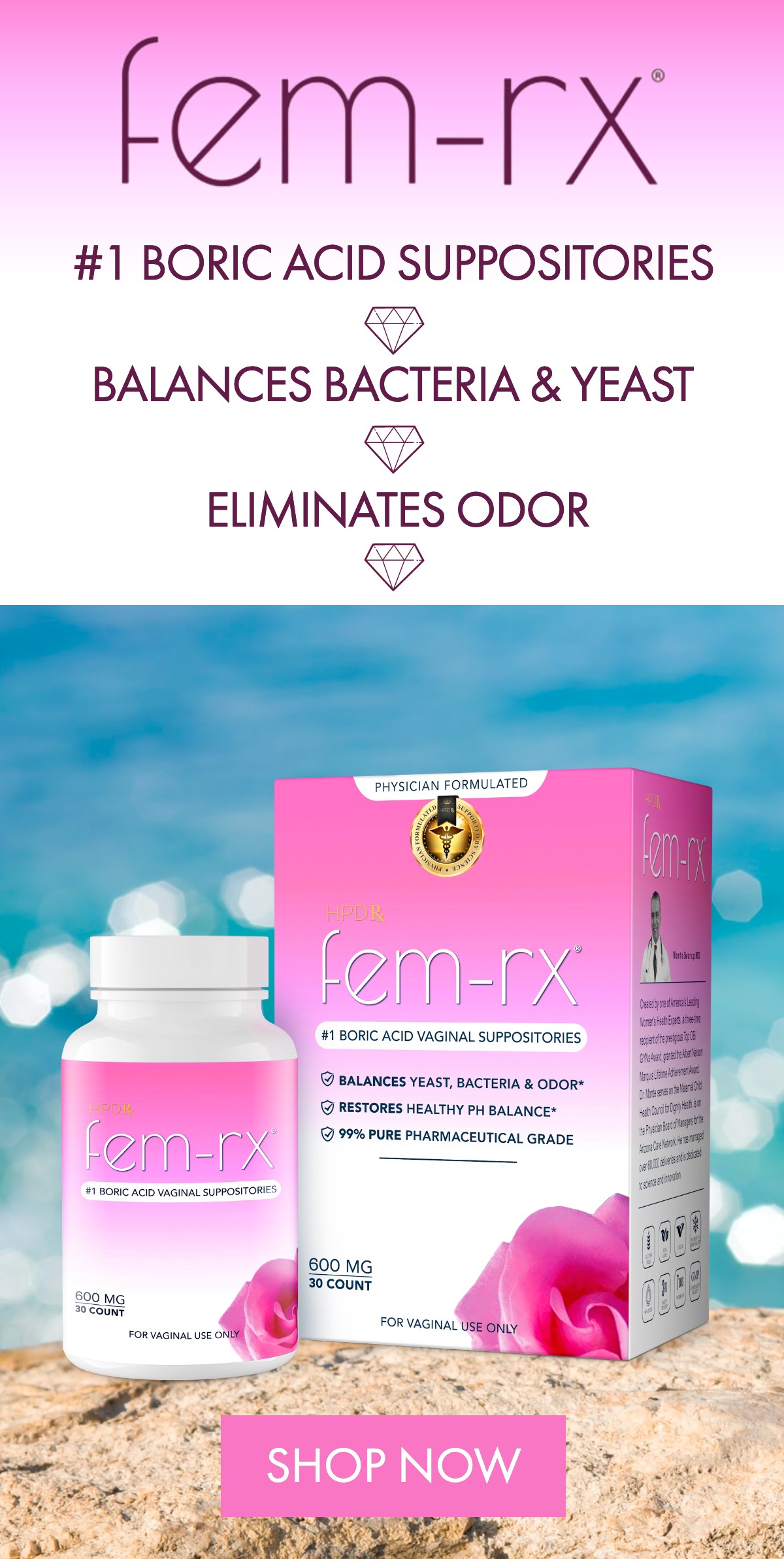
A woman’s reproductive tract is vital to a woman’s body and health because menstruation, sexual activity, pregnancy, and giving birth revolve around it. You may think cleaning your vagina regularly is a great way to keep it clean and healthy. However, you don’t need to clean it as much as you might think because the vagina does an excellent job cleaning itself. All you have to do is see your gynecologist periodically to ensure your vagina remains healthy.
Difference Between the Vagina and Vulva
Some women like to use the word “vagina” when discussing anything concerning their genitals. But there is a difference between the vagina and vulva because the vagina refers to the birth canal linked to the cervix inside the body. As for the vulva, it represents the external genital region comprising parts like the urethra, labia, and clitoris.
When people look at female genitalia on the outside, they usually refer to it as the vagina, even though the real vagina is on the inside rather than the outside. Once you understand the difference between the vagina and vulva more clearly, you’ll easily be able to identify diseases that affect them.
Tips for Maintaining the Health of Your Vulva and Vagina
The best way to preserve your vulval and vaginal health is to focus on total body health. In other words, perform regular exercise and eat a nutritious diet because these two actions will improve the health of all the organs in your body, including your sexual organs.
Most importantly, you’ll want to stay healthy to prevent yourself from developing chronic conditions like diabetes because they can impact the health of your genital organs. For instance, untreated diabetes is often linked to urinary tract infections and yeast infections, which are terrible for genital health.
Wear Condoms During Sex
Condoms are highly effective at preventing yourself from contracting sexually transmitted diseases like HIV, syphilis, gonorrhea, and herpes. They also reduce unwanted pregnancies significantly. You can wear a female condom if you want, but you should insist your sexual partner wear a condom. If one of you has an allergy to latex material, there are other non-latex condoms you can purchase.
Natural Vaginal Moisturizers
Women with allergies or sensitive skin may want to use a natural vaginal moisturizer or lubricant if condoms are unavailable. The two best natural lubricants are olive oil and coconut oil. They will help reduce irritation in the vaginal tissues and allow you to enjoy sex better.
Use Vaginal Probiotics
The vagina’s pH balance is cricital to vaginal health. Ideal vaginal pH is 3.5 to 4.5. When a female gets an infection such as BV or a yeast infection the pH will be off and there may be discharges and vaginal odor. Vaginal probiotics have been proven to keep the vaginal pH balanced and prevent infections.
Regular Health Screenings
Keep making appointments to see your gynecologist for regular health screenings and care. Pap smears are essential for women as they age because they will detect cervical cancer signs before they worsen. Younger women should get the HPV vaccine to reduce the risk of HPV infection and HPV-based cervical cancer. Please note that you don’t need to pamper your genital region before you visit your gynecologist. Basic cleaning from showering is all that is needed.
How to Clean Your Genitals
Remember that the vagina is an organ that can clean itself. Cleaning it with douching or harsh soaps or chemicals would increase the risk of vaginal infection or irritation because you’d be destroying the good bacteria there. It would also interfere with the vagina’s natural self-cleaning process.
Instead, clean your outer genital region with warm water and genital soap. Please don’t trust the soaps and shampoos marketed as “scented” or “smells fresh” because they have harsh ingredients in them. You must even be careful of certain laundry detergents, lubricants, and dryer sheets with irritating chemicals and ingredients.
Postmenopausal Bleeding is Serious
Women experiencing postmenopausal bleeding need to take it seriously because it could be from vaginal dryness, noncancerous cellular growth, or cancer. So if your vagina starts to bleed at least one year or more following your final menstrual period, you need to see your gynecologist for a physical evaluation immediately.
Conclusion
Older women may experience pelvic organ prolapse, which is the gradual weakening of a woman’s internal support system for her rectum, vagina, uterus, and bladder. Women may also start to experience urinary incontinence in their later years.
Both of these conditions are perfectly normal for women to have as they age. They aren’t necessarily dangerous or threatening to their lives but can cause uncomfortable symptoms like bladder leakage, bleeding, pain, or difficulty urinating.
In any case, make an appointment to see your doctor whether you experience symptoms or not. Preventative medicine is always the best way to avoid or treat problems before they develop or worsen.










